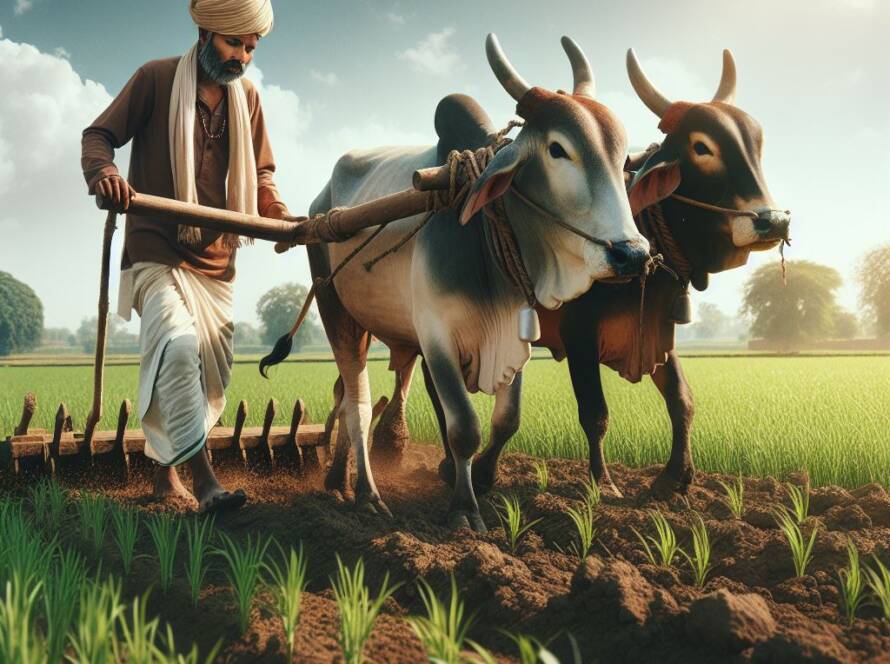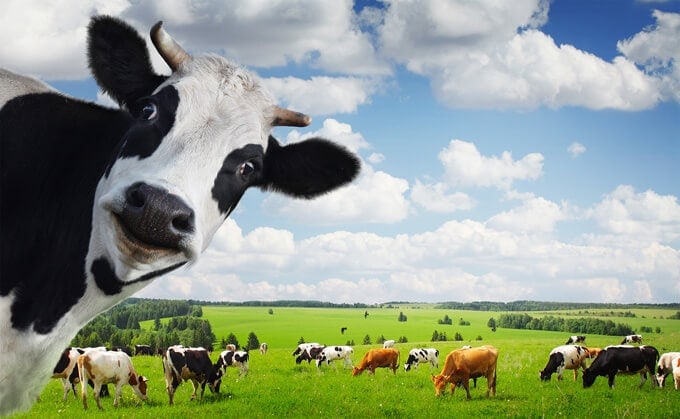Sowing Seeds of a Healthier Tomorrow
In a country where agriculture is the backbone of society, the future of farming is beginning to look… well, a lot more green. As consumers grow conscious and soils grow tired, organic farming in India is no longer a niche—it’s becoming a necessity.
But what does the future hold? Is this just a health trend, or is organic farming truly the way forward?
Let’s dig into the soil (pun intended) and uncover what lies ahead.
1. Why Organic Farming Is Gaining Momentum in India
Over the last decade, Indian farmers, consumers, and even policymakers have begun shifting toward chemical-free agriculture. The reason? Our land, food, and bodies are showing signs of exhaustion from decades of chemical abuse.
What’s driving the change?
- Rising health issues linked to pesticide-laden food
- Soil degradation and water pollution from synthetic inputs
- Demand for clean, sustainable, and local food sources
- Revival of traditional Vedic farming techniques
Learn how cow dung and cow urine are revolutionizing organic farming naturally.
2. Government Support & Policy Push
The Indian government has started actively promoting organic farming through initiatives like:
- Paramparagat Krishi Vikas Yojana (PKVY)
- National Mission on Sustainable Agriculture (NMSA)
- Mission Organic Value Chain Development (MOVCDNER)
These policies offer financial incentives, training, and market support—encouraging more farmers to switch to sustainable methods.
3. Rise of Eco Villages & Satvik Living
A beautiful aspect of India’s organic journey is the resurgence of eco villages that follow Satvik principles—purity in food, thought, and lifestyle. These communities are becoming living models of what the future can look like: spiritually grounded, environmentally conscious, and self-reliant.
Discover the vision of Madhava’s Eco Village, where farming is both a science and a spiritual practice.
4. Organic = Profitable (Yes, Really)
Contrary to popular belief, organic farming isn’t just a passion project—it’s proving to be economically viable.
Why?
- Lower input costs (no chemicals = no spending on them)
- Higher profit margins due to premium pricing
- Growing domestic and international demand
- Supportive consumer mindset for local and sustainable produce
Farmers who’ve made the switch are already seeing long-term gains—in money, soil health, and community respect.
5. Tech Meets Tradition: A Winning Combo
The future of organic farming in India isn’t just about going “back to the roots.” It’s also about merging traditional wisdom with modern innovation.
Emerging trends include:
- Use of drones for crop monitoring
- AI-based weather and soil health forecasting
- Online organic marketplaces
- Apps for farm-to-fork traceability
Imagine ancient farming rituals backed by smart tech—India is uniquely poised to lead this movement.
6. Organic Certification & Market Challenges
Of course, it’s not all smooth sowing. One major challenge is certification. Farmers often find the process long, confusing, and expensive.
But the good news? Efforts are being made to simplify this, especially with PGS (Participatory Guarantee System) for small organic farmers.
Transition Tip:
The future will require more streamlined systems, better marketing channels, and awareness campaigns that help consumers trust and understand what “organic” truly means.
7. Youth & Urban Involvement in Organic Farming
There’s a silent revolution brewing—young entrepreneurs, urban gardeners, and start-ups are diving into organic farming with fresh enthusiasm.
From rooftop gardens to sustainable agri-brands, a new generation is turning farming into a cool, conscious lifestyle choice.
8. Role of Desi Cows in the Future of Farming
It’s impossible to talk about the future of organic farming without mentioning the central role of cows. Desi cows provide:
- A2 milk for nutrition
- Cow dung for compost
- Cow urine for pest control
- A spiritual connection to the land
Understand why cows are revered as mothers and how they sustain our food and future.
Final Thoughts: The Seeds of Tomorrow Are Being Planted Today
The future of organic farming in India is rooted in our past—and blossoming with innovation.
As more people align with sustainability, Satvik living, and natural farming, we’re not just changing how we grow food—we’re changing how we live, think, and connect with the Earth.
So whether you’re a farmer, foodie, policymaker, or just someone who likes clean spinach—this movement needs you.
Will you be part of the organic revolution?



